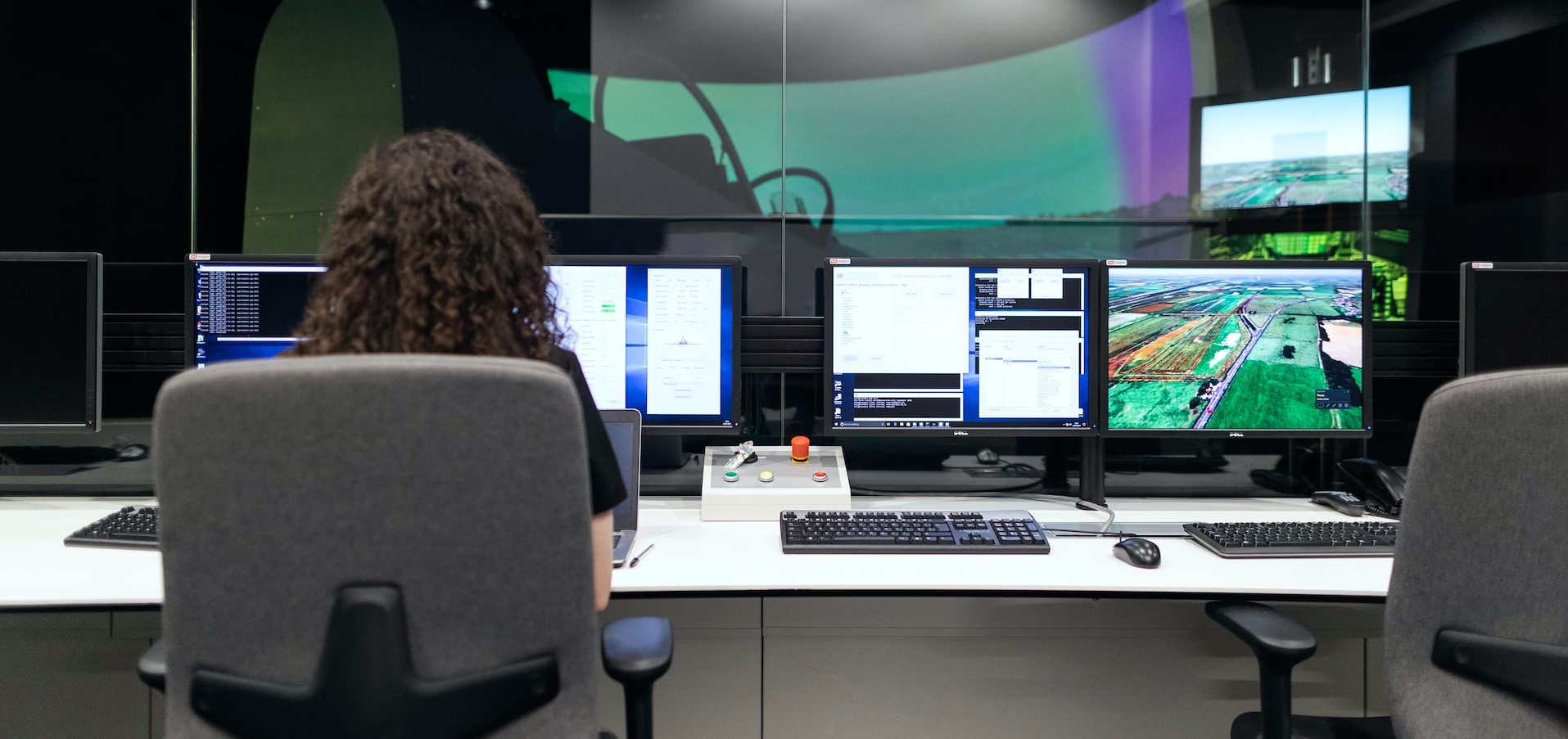There is currently a lot of discussion about technology replacing legal professionals.
It’s true that modern digital technology can supplement much of the simpler work traditionally performed by legal professionals, such as document review and legal research. However, there are some human skills and traits, essential for the legal profession, that technology will never replace.
If you’re looking ahead at your career and you want to make sure you can’t easily be replaced, it’s wise to focus on building the skills and attributes that will never be automated.
Here we review the top 7 things technology will never replace in the legal industry.
#1: Compassion
As a legal professional, it is common to deal with emotional situations — either discussing matters with your client, dealing with opposing counsel, or being in front of a judge or jury in the courtroom.
In these situations, the human trait of compassion will see you through.
Emotional intelligence and empathy go hand-in-hand with compassion.
No technology can apply intuition and interpret emotional subtext. Nor can technology tell if someone is being dishonest or manipulative.
All of these scenarios call for careful observation and delicate communication in a face-to-face arena. It is highly unlikely any legal tech will ever be able to perform these roles.
#2: Judges and juries
Two more elements of the modern legal system that cannot be replaced by technology are judges and juries.
Technology is beginning to play a role in these areas — AI jury selection is a hot topic right now — but the application of technology will in no way replace the need for real people in the courtroom.
Both play vital roles in the American legal system, with judges determining the applicable law and juries deciding the facts. Both of these roles require human judgment, intuition, and a sense of fairness.
While we can be entertained by the brilliant humanoid robots of the Bladerunner films, we can also rest assured that no robot will possess these traits in the near future.
#3. Reasoning ability
While artificial intelligence (AI) and machine learning have made major advances in legal tech and elsewhere, they still have not developed the ability to reason.
Platforms and software cannot interpret gray areas, where there is no definite “right” or “wrong” answer based on a digital algorithm.
They also cannot apply critical thinking to determine whether a legal argument is sound or a document well-written.
Technology can give you an assist by helping you sift through large amounts of information to find data points that might be relevant, but it can’t do the actual thinking for you. That’s a big part of a legal professional’s job.
#4. Verbal communication
Verbal communication skills are vital for legal professionals, and technology will not be able to fulfill this need.
Not only must a legal professional be able to communicate clearly and concisely, they must also be persuasive when necessary.
Of course, this does not only apply in the courtroom. Client meetings, phone calls, presentations, conferences with opposing counsel — all of these require a human element that no software can reproduce.
Besides the fact that it is impractical to employ technology for verbal communication, there is also the fact that listening is a critical component of good oral communication.
No client is likely to want to receive an automated message from their attorney’s office in lieu of direct human contact. Think about how much you hate going through those automated phone systems when you have to call customer service.
This is also a skill that some legal professionals could stand to improve. Give yourself a competitive edge by becoming a master of communication.
#5. Written communication
Written communication is another human ability that is far from being replaced in the legal industry. Anything from simple correspondence to legal motions or briefs cannot simply be outsourced to the latest software.
While written communication does not require concurrent listening ability, as does verbal communication, it still requires language that is organized, concise, and persuasive.
This is as true for the numerous emails and messages legal professionals send throughout the day as it is for the most complex appellate brief.
There are plenty of AI writing assistants on the market, but they all fall short when it comes to meaningful communication. These tools can only repurpose writing that already exists — they can’t come up with new ideas or communicate unique insights.
Technology may advance in this area, but it is unlikely that software will ever truly be able to replicate real communication because of its limitation with creativity.
You might consider using one of the many AI writing assistant tools in your practice, but understand that it will always be an assistant and never a replacement.
#6. Persuasive ability
One common underlying theme of all the items mentioned above is the need for persuasive ability.
Persuasion is critical for numerous people legal professionals deal with — clients, colleagues, opposing counsel, judges, and juries. If we look at the elements of effective persuasion, we can see why tech cannot meet this need.
An attorney can be persuasive due to their legal expertise and command of the facts.
In addition, they should know the client’s goals and risk tolerance, as well as be able to factor in the opposing side’s case and any downside risks. Throw in the ability to synthesize all these factors into convincing arguments, and we can see how no tech platform will fit the bill.
Beyond all of these intellectual factors, we also have the critical component of emotional intelligence.
Persuasion requires the ability to read people, connect with them, and establish credibility. While the latest technology may be able to perform automated tasks or mine data, it cannot replicate these extremely human traits.
#7. Leadership
Leadership will never be provided by machines or software. Whether we are talking about the leadership of firms, teams, government agencies, or even just a single legal matter — all of these require skills only flesh-and-blood professionals can provide.
Effective leadership requires planning, problem-solving, and teamwork. It also takes great judgment, emotional intelligence, and the ability to set and achieve team goals.
Even the most advanced AI cannot navigate all the complications and obstacles that come up in the day-to-day life of a legal professional.
Nor can technology undertake long-term planning that takes into account the people and emotions involved in any enterprise.
It will always be up to real-life legal professionals to take on the role of leadership. Great leaders will always leverage technology to make the most of their time, and no matter how much technology they employ, their human skills will always be the most important.
Irreplaceable legal skills
So there you have it — 7 reasons a legal professional does not need to be worried about being replaced by technology, as long as you develop the necessary skills.
If you only remember one thing from this article, remember this:
Technology is here to stay, and it will continue to advance. Instead of focusing your time and effort on mastering tasks that may eventually be automated, it’s wise to invest in the so-called “soft” skills that computers will never replace.
Author

After a fifteen-year legal career in business and healthcare finance litigation, Mike Robinson now crafts compelling content that explores topics around technology, litigation, and process improvements in the legal industry.
View all posts






